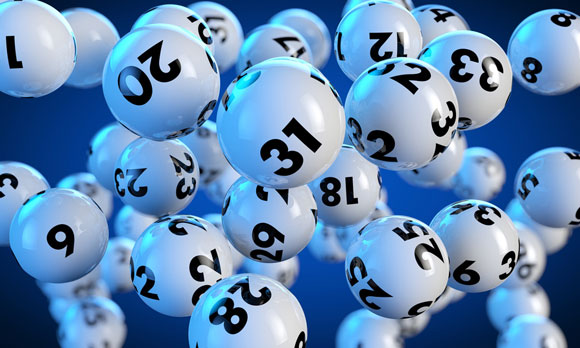The lottery—an institution steeped in both intrigue and speculation—has captivated the imagination of millions around the world. Its allure lies not only in the tantalizing prospect of sudden wealth but also in its broader cultural and social implications bandar toto macau. This article explores the multifaceted nature of lotteries, tracing their origins, examining their impact on society, and reflecting on their place in the modern world.
The Origins of Lottery: From Ancient Rituals to Modern Draws
The concept of the lottery dates back thousands of years, with its roots deeply embedded in ancient civilizations. The earliest known lottery can be traced to China during the Han Dynasty (205–187 BCE), where it was used to finance major projects such as the Great Wall of China. Ancient Rome also had its versions of lottery games, often tied to celebrations and festivals. These early lotteries were primarily used to distribute prizes or allocate resources in a fair and random manner.
In medieval Europe, lotteries took on a more structured form. The first recorded lottery in the West was established in the Low Countries in the 15th century, where it was used to raise funds for public projects and charitable purposes. The practice quickly spread across Europe, becoming a popular means of financing everything from town fortifications to universities.
The Mechanics of the Lottery: How Does It Work?
Modern lotteries operate on the principle of randomness, ensuring that every participant has an equal chance of winning. Typically, a lottery involves the purchase of tickets, each bearing a unique combination of numbers or symbols. During the draw, a random selection process determines the winning numbers or symbols.
Lotteries vary widely in format. Some are simple, with participants choosing a set of numbers and hoping for a match. Others are more complex, incorporating multiple tiers of prizes and additional features such as bonus numbers. Despite these variations, the core principle remains the same: a game of chance where the outcome is determined by randomness.
The Societal Impact of Lotteries: A Double-Edged Sword
Lotteries have a profound impact on society, both positive and negative. On the one hand, they can generate significant revenue for public projects and charitable causes. Many states and countries use lottery funds to support education, healthcare, and infrastructure. The revenues can be substantial, providing financial support that might otherwise be difficult to secure.
However, the lottery’s impact is not without controversy. Critics argue that lotteries can be regressive, disproportionately affecting lower-income individuals who spend a larger percentage of their income on tickets. The promise of quick riches can also foster unrealistic expectations and contribute to gambling addiction. Despite these concerns, lotteries remain a popular form of entertainment and a significant source of revenue for many governments.
The Lottery and Technology: A Changing Landscape
In recent years, technology has transformed the lottery industry. The advent of online lotteries and mobile apps has made it easier for people to participate and track their tickets. Digital platforms offer new ways to play, from instant-win games to virtual scratch cards. These innovations have broadened the appeal of lotteries and increased their accessibility, but they also raise new challenges related to security and regulation.
Moreover, technology has enabled more sophisticated methods of analyzing lottery patterns and trends. While the lottery is fundamentally a game of chance, some players attempt to use statistical analysis to improve their odds. Despite these efforts, the randomness of lottery draws remains a defining feature.
The Cultural Significance of the Lottery: Dreams and Narratives
The lottery occupies a unique place in popular culture. It represents both hope and chance, embodying the dream of escaping financial constraints through a single stroke of luck. Stories of lottery winners becoming instant millionaires captivate audiences and fuel the collective imagination.
Lotteries also feature prominently in literature and media. From Shirley Jackson’s famous short story “The Lottery,” which explores themes of tradition and violence, to numerous films and TV shows that depict the highs and lows of winning, the lottery serves as a powerful narrative device. These portrayals often reflect societal attitudes towards wealth, chance, and the human condition.


